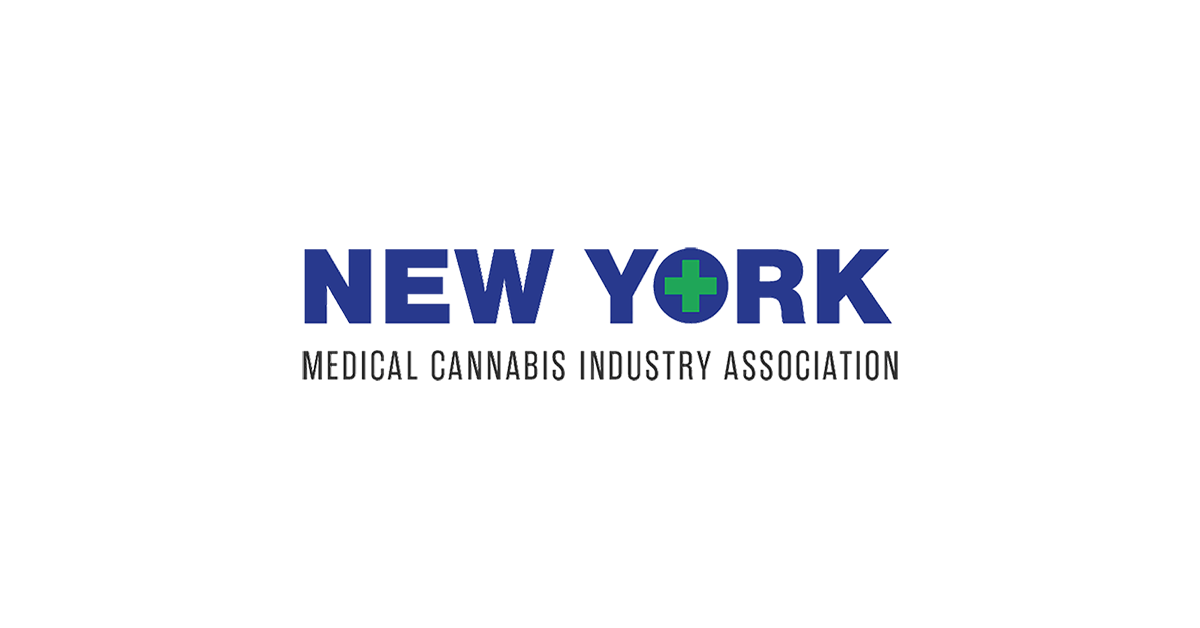Cannabis Smuggling Case: What to Know About its Legal Impact on Cuomo’s Pot Plan
The outcome of a Minnesota marijuana smuggling case could have implications for recreational and medical pot laws across the country, including New York.
The Minnesota case underscores complex legal battles because pot remains illegal under federal law
Drugged driving enforcement looms as another issue on the horizon as pot breathalyzers are eyed
A high-profile marijuana smuggling case has waded into the murky legal waters awaiting New York's push to legalize recreational pot.
Two former medical marijuana business leaders are accused of using a company's armored vehicle to illegally transport cannabis oil from Minnesota to New York in December 2015.
The case currently sits in one of Minnesota's highest state courts, where arguments focus on whether state laws sufficiently address smuggling medical marijuana across state borders.
The outcome could have far-reaching implications for medical and recreational marijuana laws in many states, like the one Gov. Andrew Cuomo is expected to propose Tuesday in New York.
That's because defense attorneys contend Minnesota and New York allow interstate medical marijuana transfers between corporate affiliates of Vireo Health, which owns the dispensary in downtown White Plains, court records show.
The legal argument would be key for cannabis industry leaders with many affiliates across the country, such as those lobbying New York's lawmakers to legalize recreational pot.
A trial set for last fall was postponed as the case seeks a decision from the Minnesota Appellate Court, underscoring the complex legal battles facing states trying to regulate a drug that remains illegal under federal law.
For example, even if the ex-officers of Vireo Health are cleared of state criminal charges, federal authorities could still pursue a range of drug charges. The Drug Enforcement Administration has declined to comment on the case.
By contrast, a conviction on state charges opens the door for further legal actions related to medical marijuana being illegally sold in New York state, which raises questions about oversight and regulation of the drug here.
Other legal problems
Other key legal pitfalls for New York lawmakers' push for recreational pot touch on flaws in drugged driving enforcement, which some companies hope to address with marijuana breathalyzers.
Currently, police officers who suspect a driver is impaired can only test the hunch with field sobriety tests. Dozens of New York police officers receive specialized training to conduct the testing, known as drug recognition experts.
Blood, breath or urine samples could be taken to determine if a driver is high, but such tests can be inaccurate. Those tests also detect if the driver was high that day or week, rather than if they were high while operating the vehicle in that instance.
A new marijuana breathalyzer that detects motorists smoking pot is hitting the market that some experts say could address the issue.
Lobbying and business
Existing medical marijuana businesses are also trying to influence recreational pot laws in New York.
The New York Medical Cannabis Industry Association trade group is urging lawmakers to allow companies to set up co-located dispensaries that sell medical cannabis and recreational pot, as opposed to separating the two industries.
The request builds upon millions of dollars in lobbying spending by the medical marijuana companies in New York, some of which struggled to make money in the closely regulated medical program in hopes of expanding into the lucrative recreational pot marketplace.
